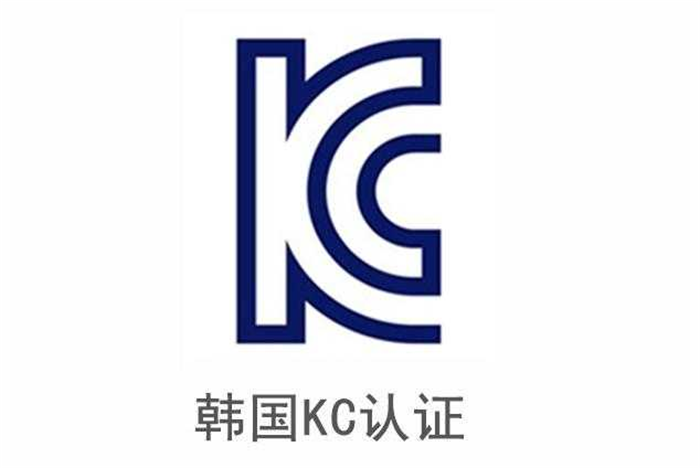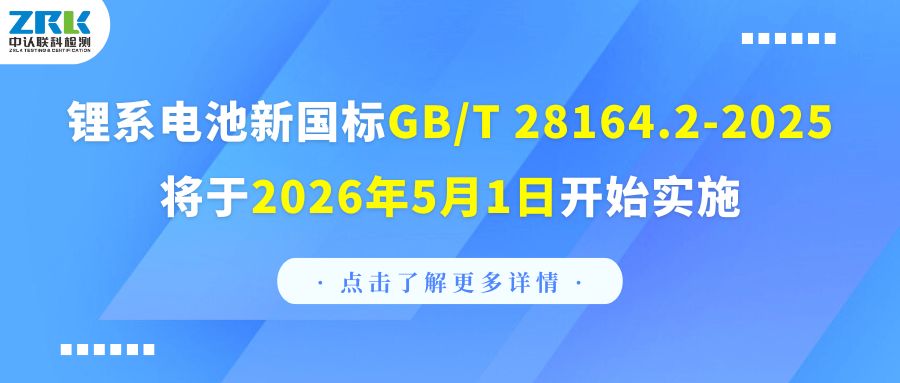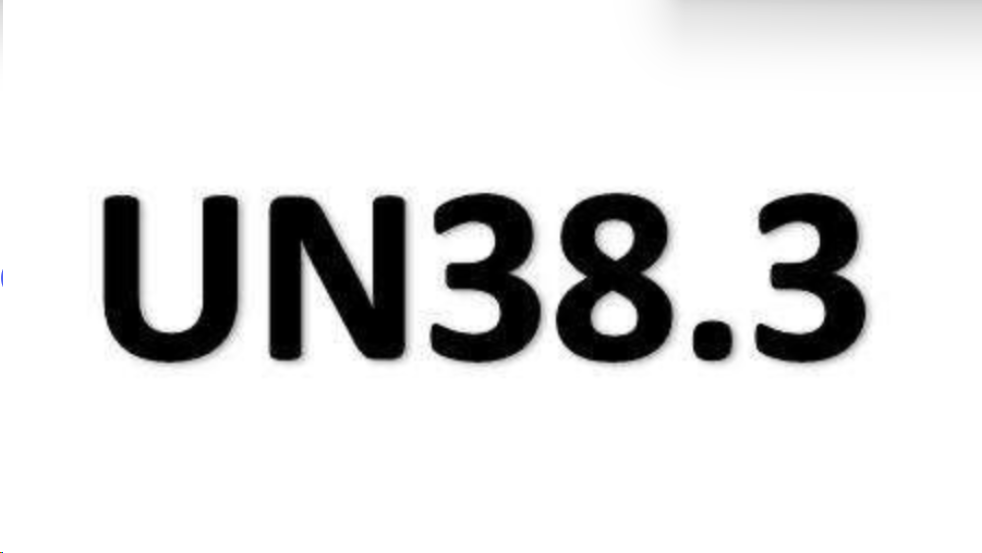TEMU (Pinduoduo Overseas Edition) has put forward a new requirement -RSL Report qualification, in order to ensure that jewelry products on the platform meet the requirements of EU REACH regulations. TEMU requires that this rule be implemented from September 30, when the goods with GMV over US$ 1,000 are not uploaded to the RSL test report, they will be removed from the European station.

Recently, TEMU (Pinduoduo Overseas Edition) put forward the qualification requirements of RSL Phthalate for the products that may contain harmful substances.

Introduction to RSL-Phthalate
RSL-Phthalate is a common plasticizer, which is widely used in plastic products to improve the flexibility and elasticity of plastics. However, in recent years, it has been found that RSL-Phthalate is potentially harmful to human health and the environment, so its use is restricted. RSL is the list of restricted substances. According to the requirements of EU REACH regulations, all goods sold on e-commerce platforms must meet a series of strict restrictions on chemical substances. The specific contents are tested according to the items in Appendix 17 of EU REACH regulations to avoid potential harm to human health and the environment.
With the gradual improvement and implementation of TEMU (Pinduoduo Overseas Edition) rules, RSL qualification has become a necessary condition for TEMU merchants to sell their products on shelves.
RSL (List of Restricted Substances) Test Purpose
The purpose of the test is to detect the content of RSL-Phthalate in plastic products to evaluate its impact on health and environment. By testing different kinds and brands of plastic products, we can understand the use of RSL-Phthalate and provide reference for consumers.
RSL (List of Restricted Substances) Test Method
Gas chromatography-mass spectrometry (GC-MS) was used for qualitative and quantitative analysis of RSL-Phthalate in plastic products. The specific steps are as follows:
1. Sampling: Select different kinds and brands of plastic products, including children's toys, stationery, food packaging, etc.
2. Sample treatment: the collected samples are crushed and ground, and then RSL-Phthalate is extracted with organic solvent.
3. Analysis: The extracted RSL-Phthalate was qualitatively and quantitatively analyzed by GC-MS technology.
4. Result processing: Calculate the content of RSL-Phthalate in each sample according to the test data.
RSL (List of Restricted Substances) Test Handling Process
1. Submit an application
Submit the certification application to the selected certification body and prepare a certain number of samples.
2. Sample testing
Send the prepared samples to the laboratory of the testing organization, and the laboratory will test the samples for chemical substances and identify and evaluate the harmful substances in them.
3. Data evaluation
According to the test results, the laboratory will evaluate the harmful substances in the products and compare them with the limits stipulated in the EU REACH regulations.
4. Report preparation
Prepare RSL (List of Restricted Substances) report according to the test results of the laboratory. The report will record the harmful substances contained in the product and their concentrations in detail, and explain whether these substances meet the limits stipulated in the EU REACH regulations.
Warm tips
EU REACH regulations are becoming stricter, and enterprises are facing more and more control requirements. ZRLK suggested that relevant enterprises should improve their product risk awareness, investigate the supply chain as early as possible, and always pay attention to the update of REACH regulations, so as to calmly cope with the changes in regulations. Our company has a professional technical team and rich experience in product testing, which can help you easily understand whether the products are safe and compliant. If you need it, please feel free to contact us, and our engineers will serve you at the first time!


![[Holiday Notice] ZRLK 2026 Chinese New Year Holiday Schedule](/uploads/image/202602/698559be66d97.jpg)










